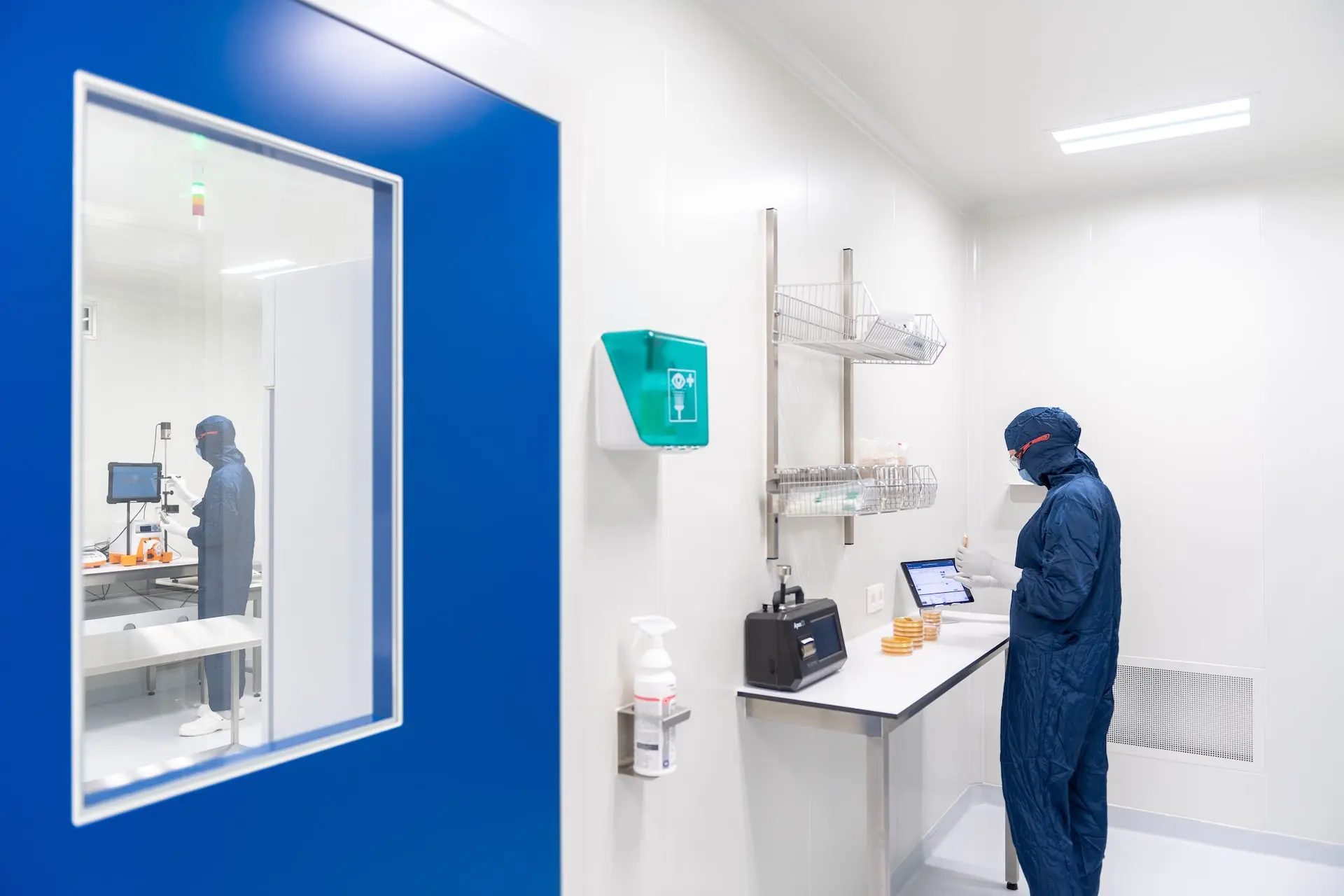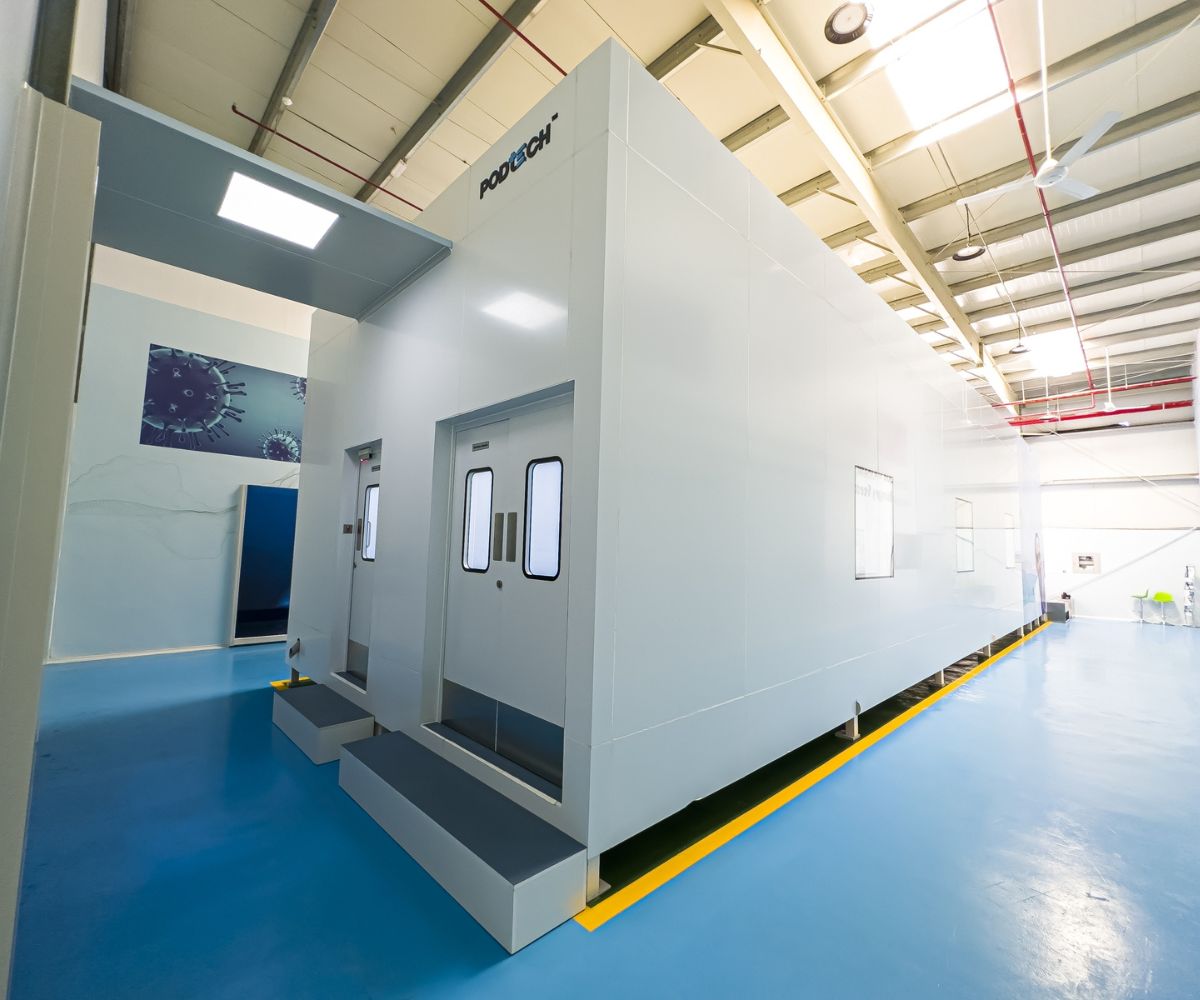Comprehensive Guide to Cleanroom Validation in KSA

Strong 8k brings an ultra-HD IPTV experience to your living room and your pocket.
Cleanroom validation in the Kingdom of Saudi Arabia (KSA) is a critical process to ensure that controlled environments meet rigorous standards for particulate and microbial contamination. In industries such as pharmaceuticals, biotechnology, electronics, and healthcare, cleanroom validation KSA safeguards product integrity, compliance, and safety.
Understanding Cleanroom Validation
Cleanroom validation is the systematic qualification of a cleanroom facility to ensure it functions within the predefined cleanliness standards. This involves a series of testing protocols, documentation, and performance checks in accordance with international standards like ISO 14644, GMP, and FDA regulations.
Why Cleanroom Validation is Crucial in KSA
The KSA government, through its Vision 2030 and healthcare regulatory bodies like SFDA (Saudi Food and Drug Authority), emphasises the importance of clean environments in production and healthcare sectors. Validation ensures:
- Regulatory compliance
- Product quality assurance
- Minimised contamination risks
- Operational efficiency
In highly sensitive sectors, failure to validate a cleanroom can lead to product recalls, legal liability, and loss of certification.
Key Stages of Cleanroom Validation
To validate a cleanroom facility in KSA, a structured process is followed that includes several qualification stages:
1. Design Qualification (DQ)
This involves reviewing and confirming that the cleanroom design aligns with the intended performance criteria, including:
- Airflow design
- Filtration systems (HEPA/ULPA)
- Room pressurisation and zoning
- Material and personnel flow paths
DQ ensures that the cleanroom will meet operational demands before construction or modification.
2. Installation Qualification (IQ)
The IQ verifies that the cleanroom and its components are installed correctly and match the design specifications. This includes:
- Verification of HVAC systems
- Inspection of cleanroom finishes
- Utility system checks
- Calibration of monitoring equipment
All installation documentation must be retained for audit and compliance purposes.
3. Operational Qualification (OQ)
OQ evaluates whether the installed equipment and systems operate within specified limits. This includes:
- Air velocity and flow pattern testing
- HEPA filter integrity tests
- Temperature and humidity control validation
- Differential pressure measurements
Proper documentation and test results must confirm operational stability under normal and stressed conditions.
4. Performance Qualification (PQ)
PQ confirms the cleanroom maintains performance under actual operating conditions. This includes:
- Particle count monitoring (non-viable testing)
- Microbial testing (viable sampling)
- Personnel grooming procedures
- Environmental monitoring programs
PQ is a continuous process involving routine inspections and performance verification.
Cleanroom Classification and Testing Methods
In KSA, cleanroom classification follows ISO 14644-1 and GMP Annex 1 standards. Rooms are classified based on the maximum number of particles per cubic meter.
Common Validation Tests
- Airborne particle count test using laser particle counters
- HEPA filter integrity test (DOP or PAO test)
- Airflow visualisation (smoke testing)
- Air velocity and uniformity testing
- Temperature and relative humidity recording
- Room recovery test (time to restore clean condition)
- Microbiological sampling via contact plates and air samplers
Documentation and Reporting Standards
Cleanroom validation in KSA must be backed by comprehensive documentation. Essential records include:
- Validation master plan (VMP)
- Standard operating procedures (SOPs)
- Test protocols and reports
- Deviation reports and CAPA (Corrective and Preventive Actions)
- Training records of validation personnel
Well-documented validation enhances audit readiness and ensures traceability of all procedures and results.
Regulatory Bodies and Compliance in KSA
Cleanroom validation must align with SFDA guidelines and the Ministry of Health (MOH) regulations. Companies operating in pharmaceuticals and biotechnology must also comply with:
- EU GMP Annex 1
- WHO guidelines
- PIC/S standards
Non-compliance can lead to production halts, license revocation, or penalties.
Industries Requiring Cleanroom Validation in KSA
Cleanrooms are indispensable in several Saudi industries, including:
Pharmaceutical and Biotech Manufacturing
- Sterile injectables
- Oral solid dosage forms
- Vaccine production
Medical Device Production
- Implantable devices
- Surgical instruments
- Diagnostics and sensors
Hospital and Laboratory Facilities
- Operating theatres
- Pathology labs
- IVF clinics
Electronics and Semiconductor Assembly
- Microchip manufacturing
- Optical equipment assembly
- Data storage device production
Challenges and Best Practices in Cleanroom Validation
Challenges in KSA
- Harsh climate conditions affect HVAC efficiency
- Rapid regulatory updates
- Limited access to ISO-accredited calibration labs
Best Practices
- Partner with local ISO-certified validation service providers
- Conduct periodic re-validation (semi-annually or annually)
- Implement real-time monitoring systems
- Train cleanroom staff regularly on GMP and aseptic practices
Choosing a Cleanroom Validation Partner in KSA
A competent validation partner in KSA should offer:
- End-to-end validation solutions
- Experienced engineers with GMP expertise
- Up-to-date equipment calibration
- Local knowledge of SFDA compliance
Before selecting a service provider, ensure they offer comprehensive support in documentation, execution, and post-validation assistance.
Conclusion
Cleanroom validation is not just a regulatory necessity—it's a commitment to quality assurance, product integrity, and patient safety. For organisations in Saudi Arabia, achieving and maintaining validated cleanrooms is essential for sustainable growth in regulated sectors.
Note: IndiBlogHub features both user-submitted and editorial content. We do not verify third-party contributions. Read our Disclaimer and Privacy Policyfor details.



